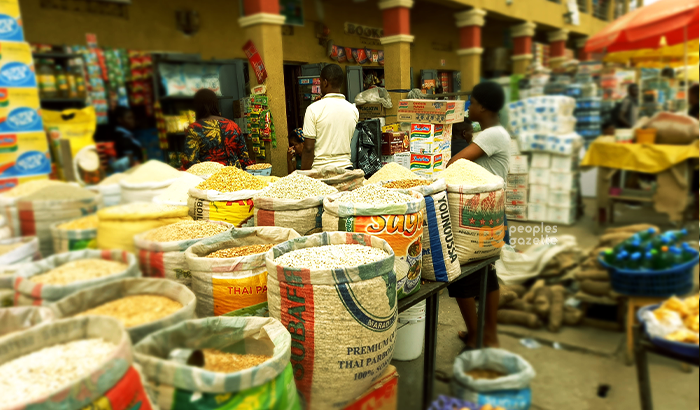The Food and Agriculture Organisation (FAO), a United Nations agency, has projected that by 2030, 82 million Nigerians, or about 64% of the population, may face hunger.
This prediction comes amid severe hunger already being experienced in Nigeria.
The UN has urged the government to address climate change, pest infestations, and other threats to agricultural productivity.

Taofiq Braimoh, a UN official representing the FAO’s Resident Humanitarian Coordinator, revealed this at the recent launch of CropWatch in Abuja.
He emphasized that technology could accelerate the achievement of sustainable development goals in food and agriculture.
He said, “The government of Nigeria, in collaboration with others, conducts an annual food security survey. This year’s results are alarming: approximately 22 million Nigerians will face food insecurity in 2024, and around 80-82 million are at risk of severe food insecurity by 2030.
“Nigeria, like many countries, grapples with food insecurity, climate change, unreliable water patterns, pest infestations, and other threats to agricultural productivity. As an agrarian society, our farms’ success directly impacts food availability for our population. Leveraging technology is crucial to strengthening our agriculture sector and ensuring food security.
“The satellite-based crop monitoring provided real-time data on crop conditions, enabling farmers and policymakers to make informed decisions and optimise agricultural practices.
“Technology could help expedite the accomplishment of sustainable development goals in food and agriculture,” he added.


